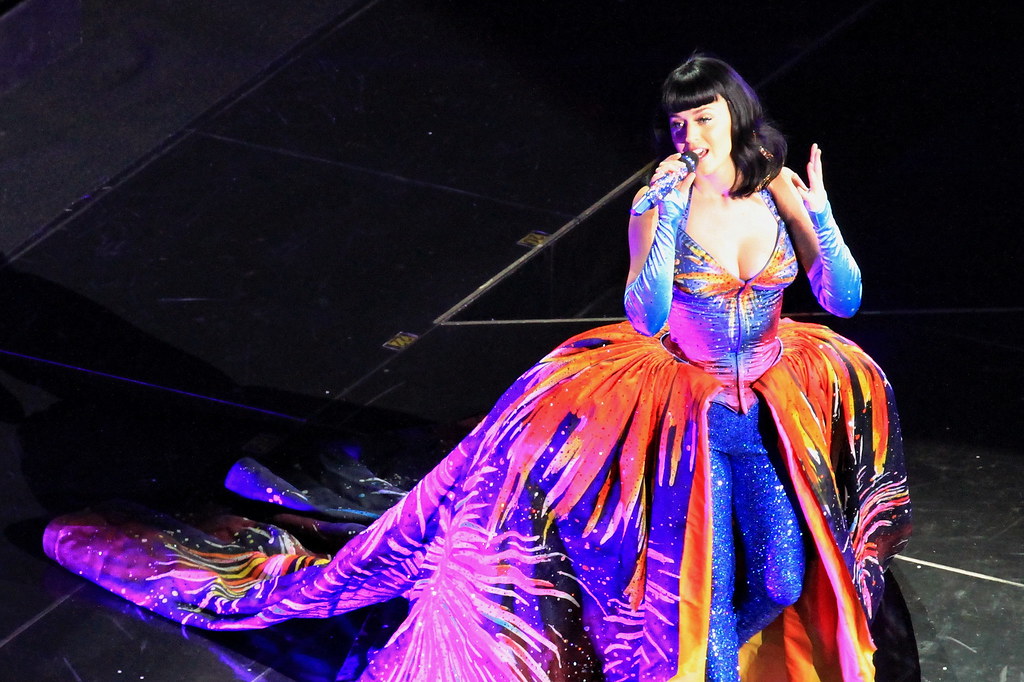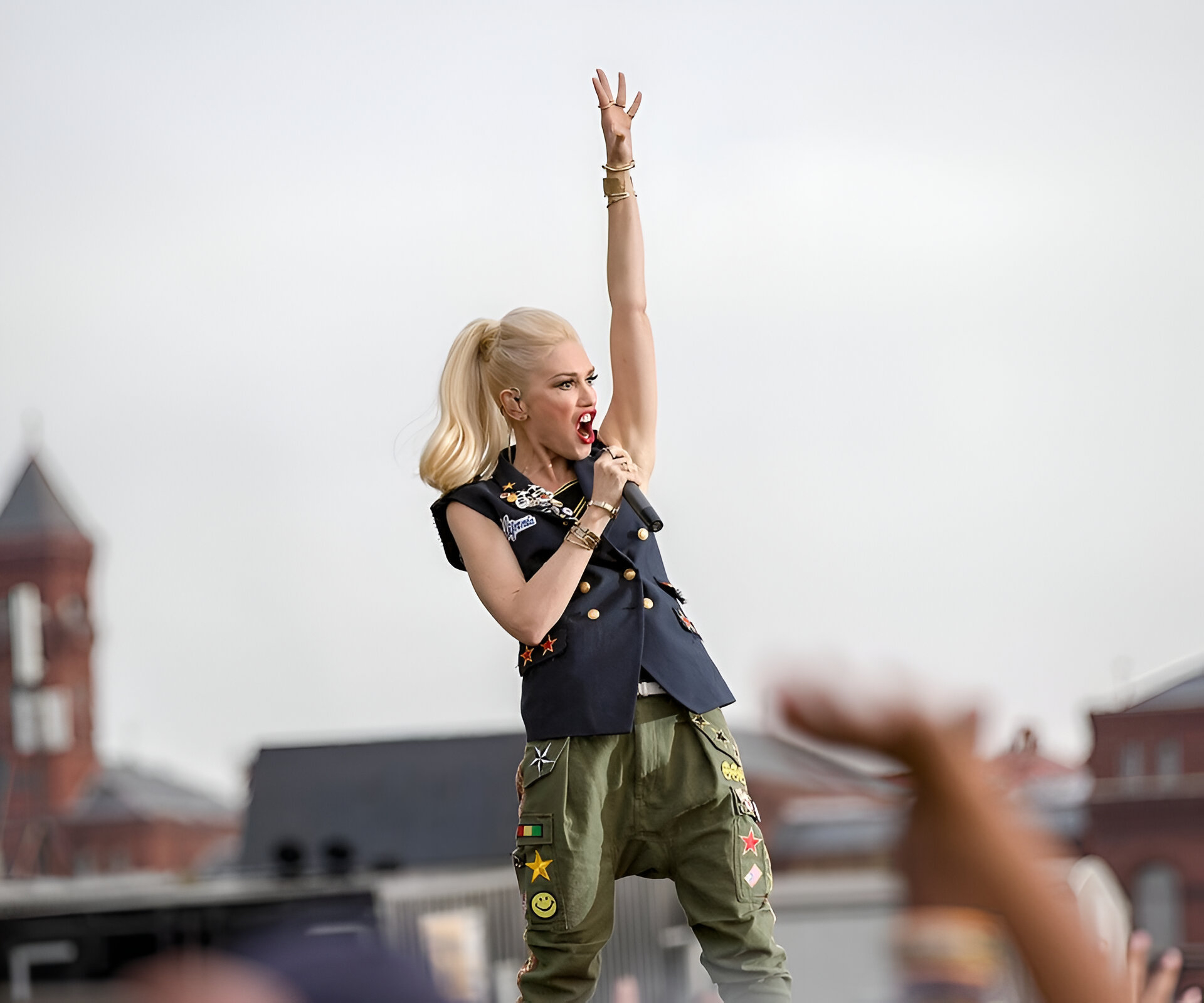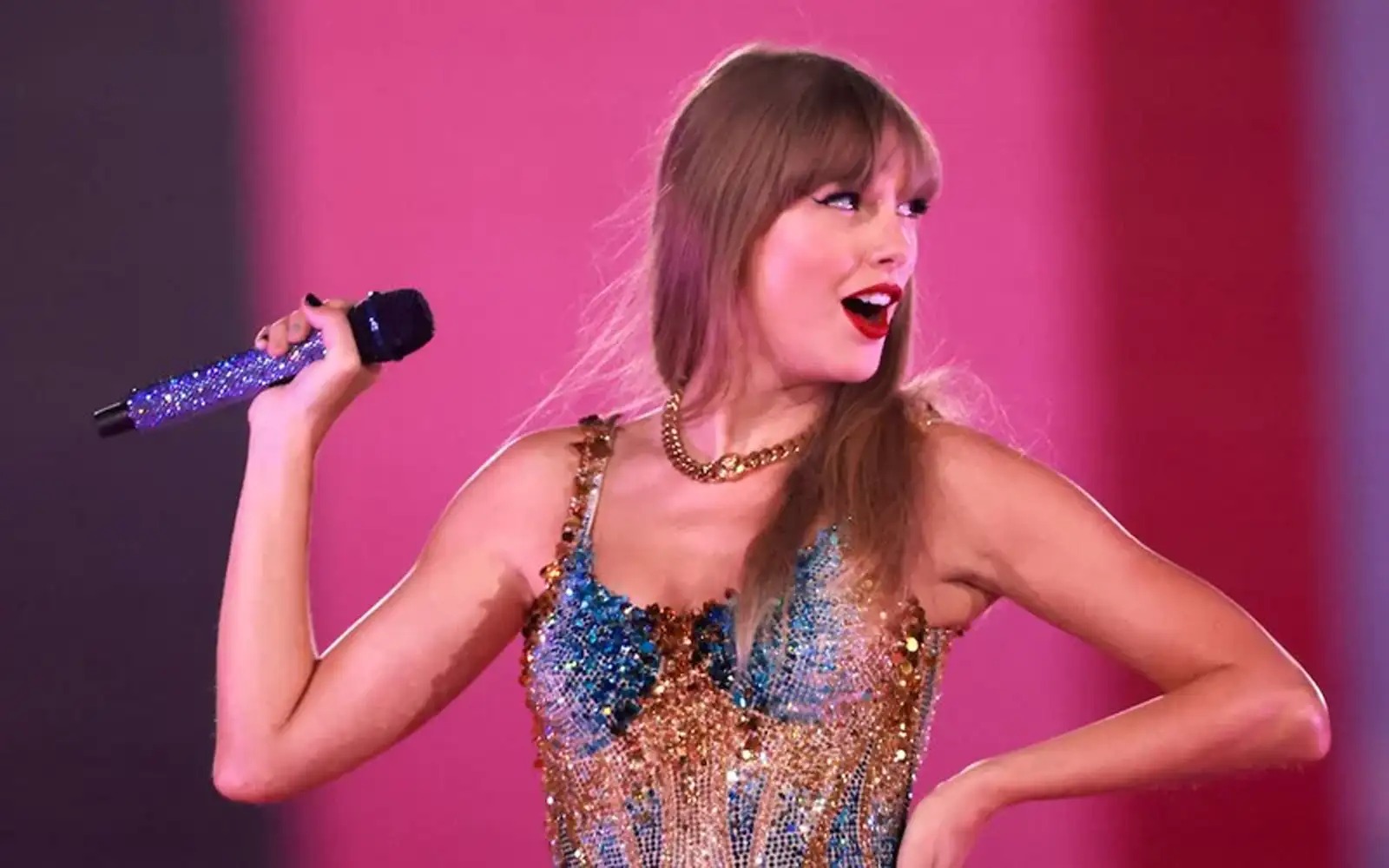When Bobby Brown launched a verbal grenade at Britney Spears’ 2004 cover of “My Prerogative,” he didn’t just critique a pop star—he reignited the eternal struggle over who controls musical legacy. The R&B bad boy, whose defiant anthem helped define the New Jack Swing revolution, declared Spears “butchered” his signature hit during an unfiltered appearance on Shannon Sharpe’s “Club Shay Shay” podcast.
The critique exposes the raw nerve endings of music ownership in an industry where power, not artistry, often dictates who gets to reimagine whose work. Bobby Brown‘s admission that he approved the cover solely because of Spears’ commercial clout reads like a confession from music’s back rooms—where artistic integrity sometimes bows to economic realities.
Sonic Transformation as Gender Revolution
Brown’s gritty declaration of independence transformed into Spears’ ice-cold electronic manifesto—a gender flip that did more than just change pronouns. Where his version vibrated with masculine bravado, hers wrapped rebellion in the breathy vocals of a woman navigating a suffocating spotlight.
The transformation mirrors that awkward middle-school dance where everyone stands on opposite walls—same room, completely different experiences. Both artists used similar themes to fight different battles: Brown against industry expectations, Spears against her increasingly restrictive public image.
“I gotta hear it [in order for it to be cleared] because you don’t know what these kids will say these days,” Brown cautioned during the podcast—a statement that sounds like standard music business advice but carries the weight of an artist watching their sonic fingerprint get altered beyond recognition.
Charting the Disconnection
The charts tell their own complex story. Brown’s original rode to #1 on the Billboard Hot 100, becoming the definitive soundtrack to a cultural moment. Spears’ reimagining, produced by Bloodshy & Avant (not Teddy Riley as Brown mistakenly recalled), didn’t crack the Hot 100 in the U.S. but topped the Bubbling Under chart and reached #22 on Mainstream Top 40. Internationally, her version achieved top 10 status in multiple countries—proving its commercial appeal transcended American markets.
This cultural translation across decades reveals how rebellion shifts its shape depending on who wields it and when. When we debate which version deserves primacy, we’re actually fighting about whose revolution matters more—the Black male artist who helped create a genre, or the female pop star using similar templates to express her own confinement.
The Generational Culture War
The controversy has spawned exactly the generational warfare music debates inevitably trigger. Gen X defenders of Brown’s original now face off against millennial Britney Spears loyalists in digital trenches across social media—each convinced the other side just doesn’t get it.
Remember that family dinner where your uncle insisted no one makes music like they did in his day? This is that argument, amplified across TikTok and Twitter.
Yet beneath the timeline-clogging hot takes lies a more nuanced reality: these songs function as different tools for different revolutions. Brown’s original dismantled racial barriers in pop, while Spears’ version—however differently it performed in various markets—represented her attempt to seize narrative control during an era when her autonomy was increasingly under attack.
In music’s subjective battleground, one artist’s “butchering” is another’s rebellion. Britney’s recent nail growth video has sparked a fan civil war—with some seeing it as a powerful breakthrough in mental health visibility, and others raising concerns over her well-being. The revolution will be remixed, whether or not the original architects approve.
Spears’ representatives remain silent on Brown’s critique, leaving listeners wondering if the pop icon might yet exercise her prerogative to respond—and claim her own space in this musical conversation about who owns rebellion.


























